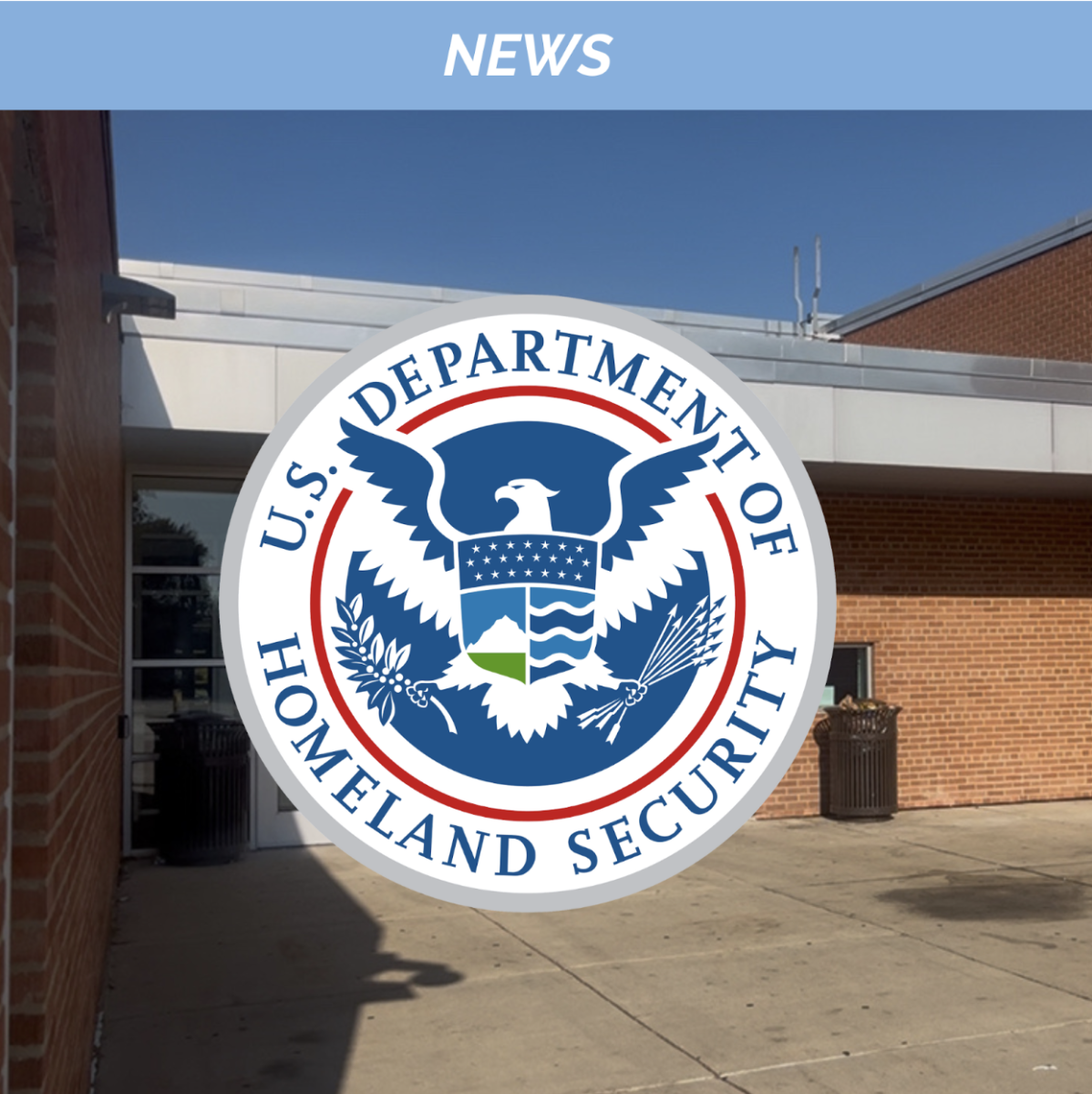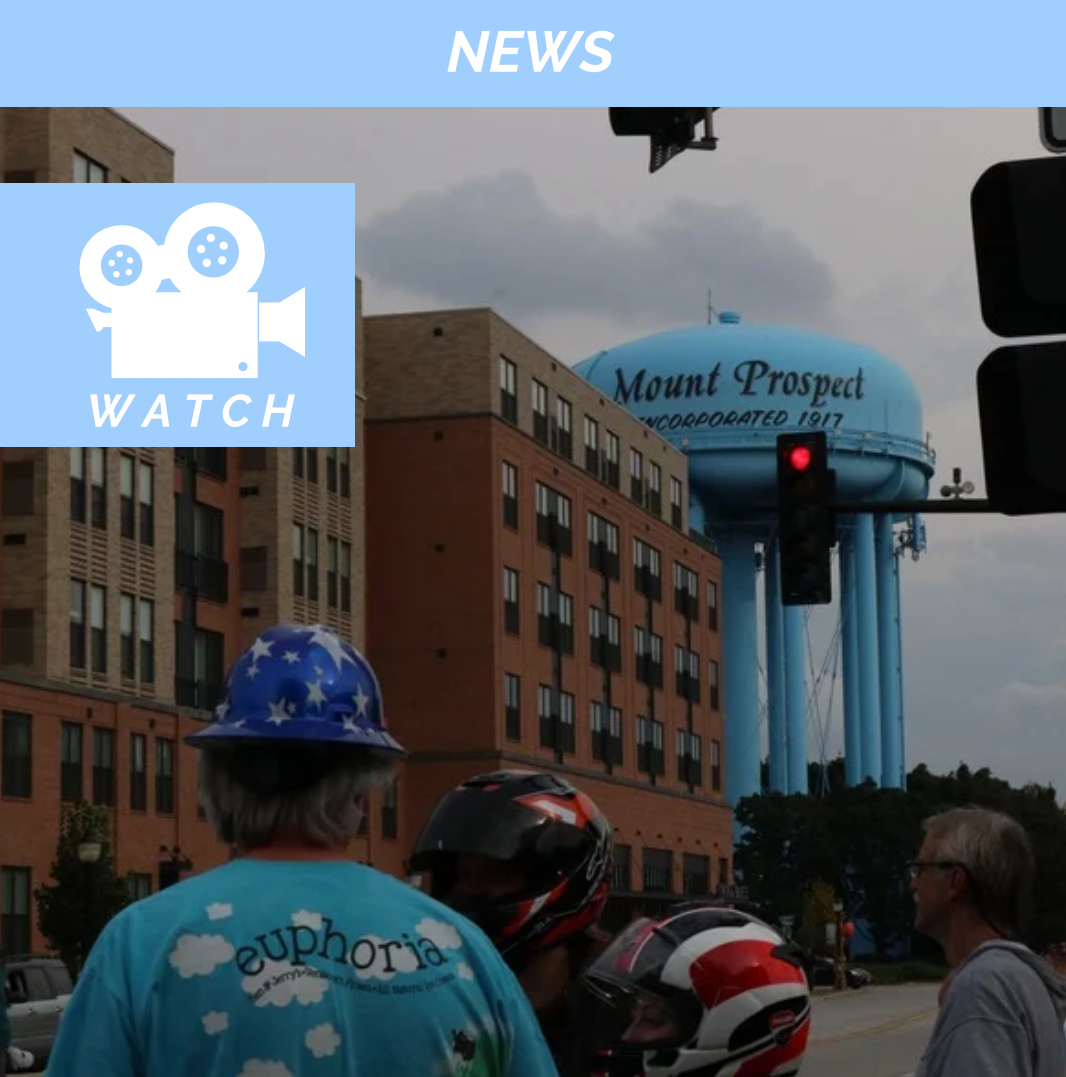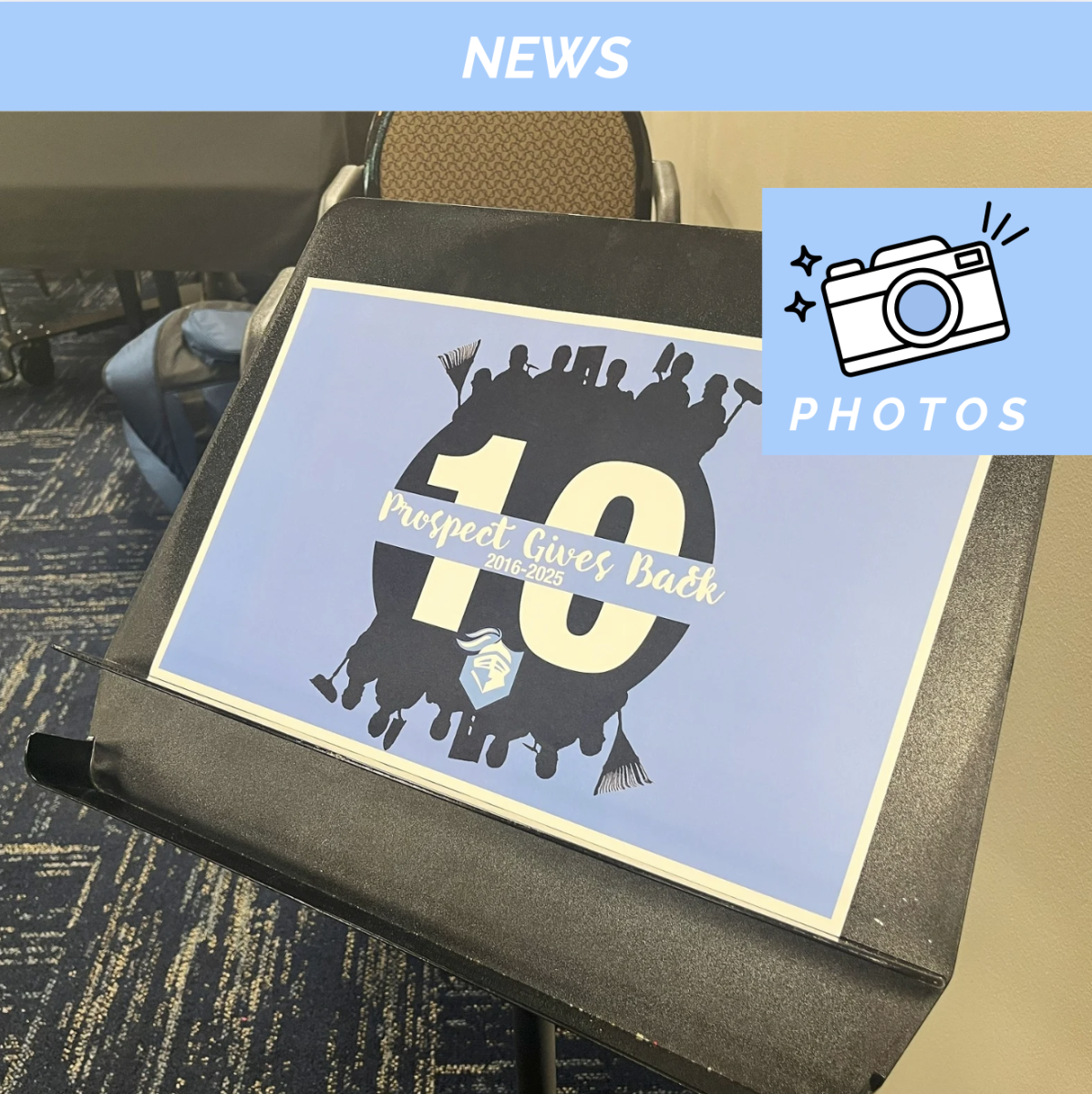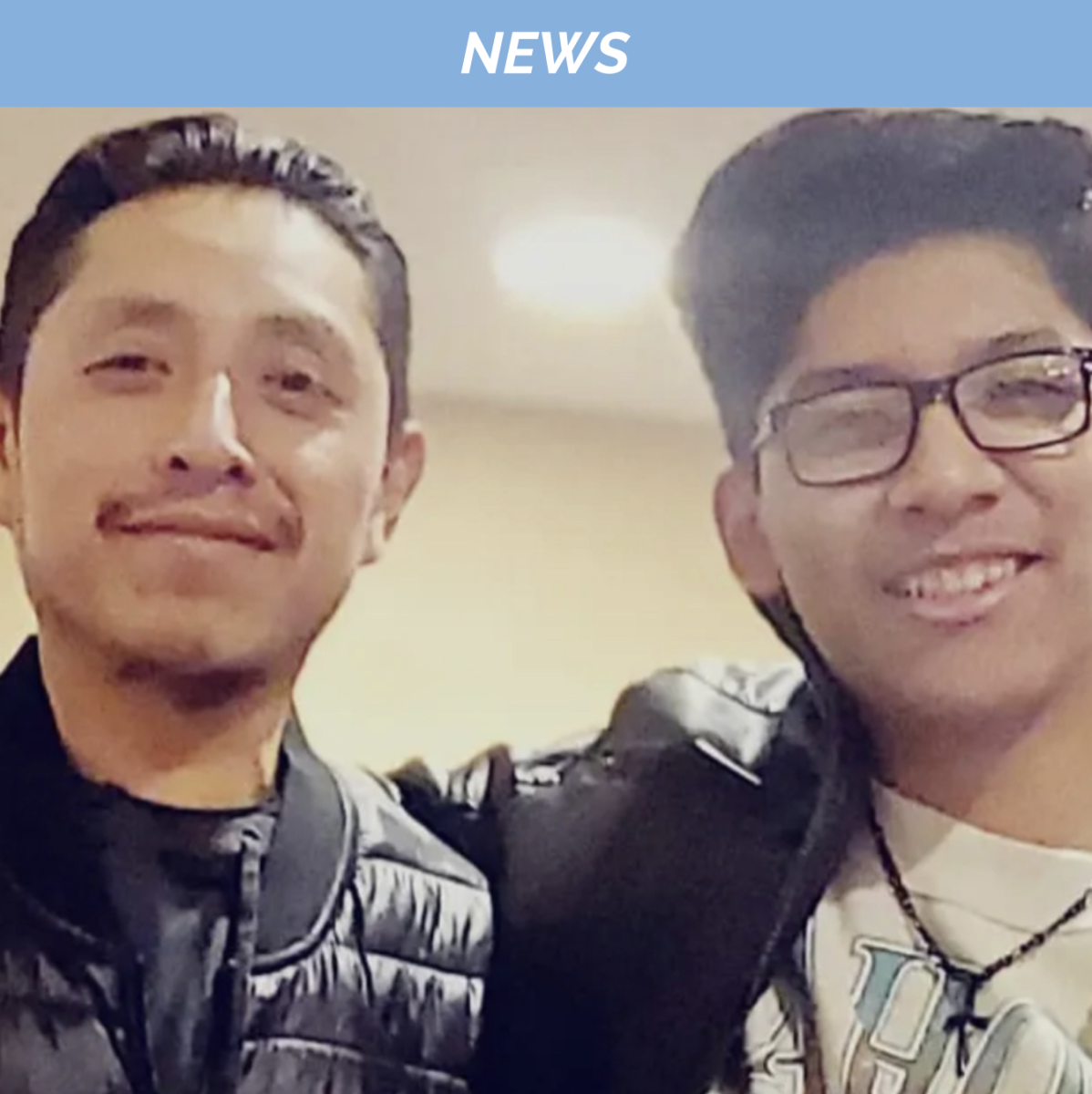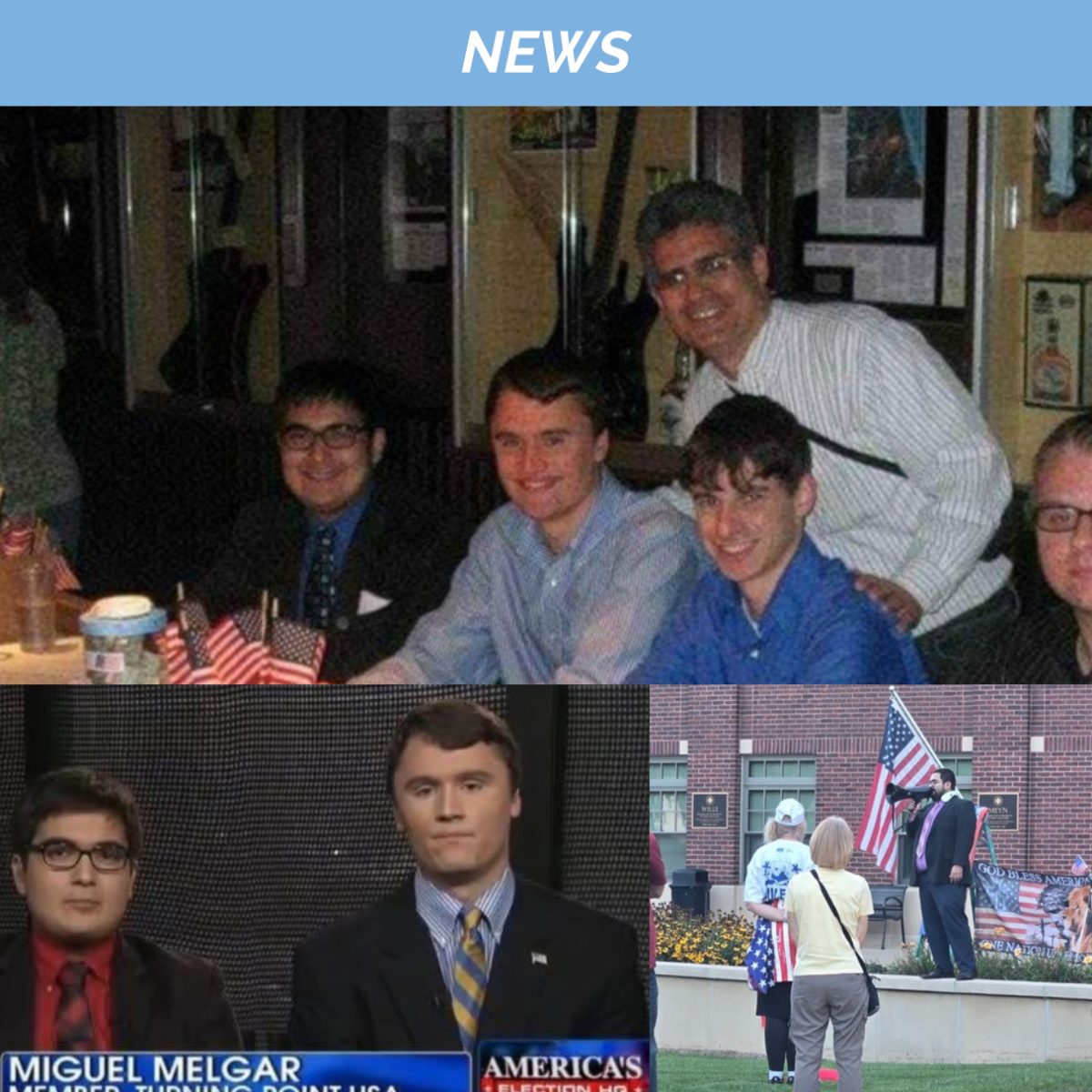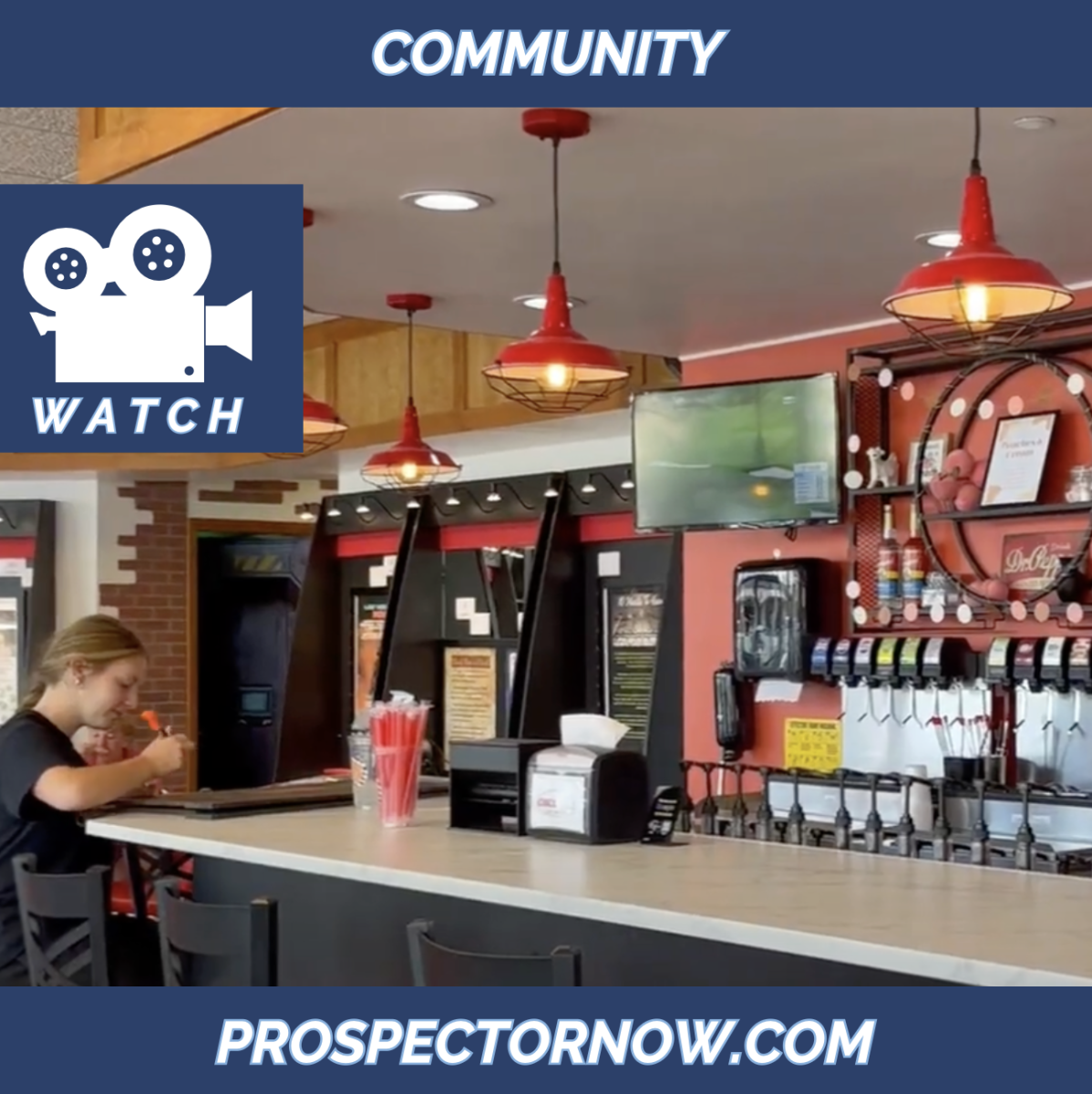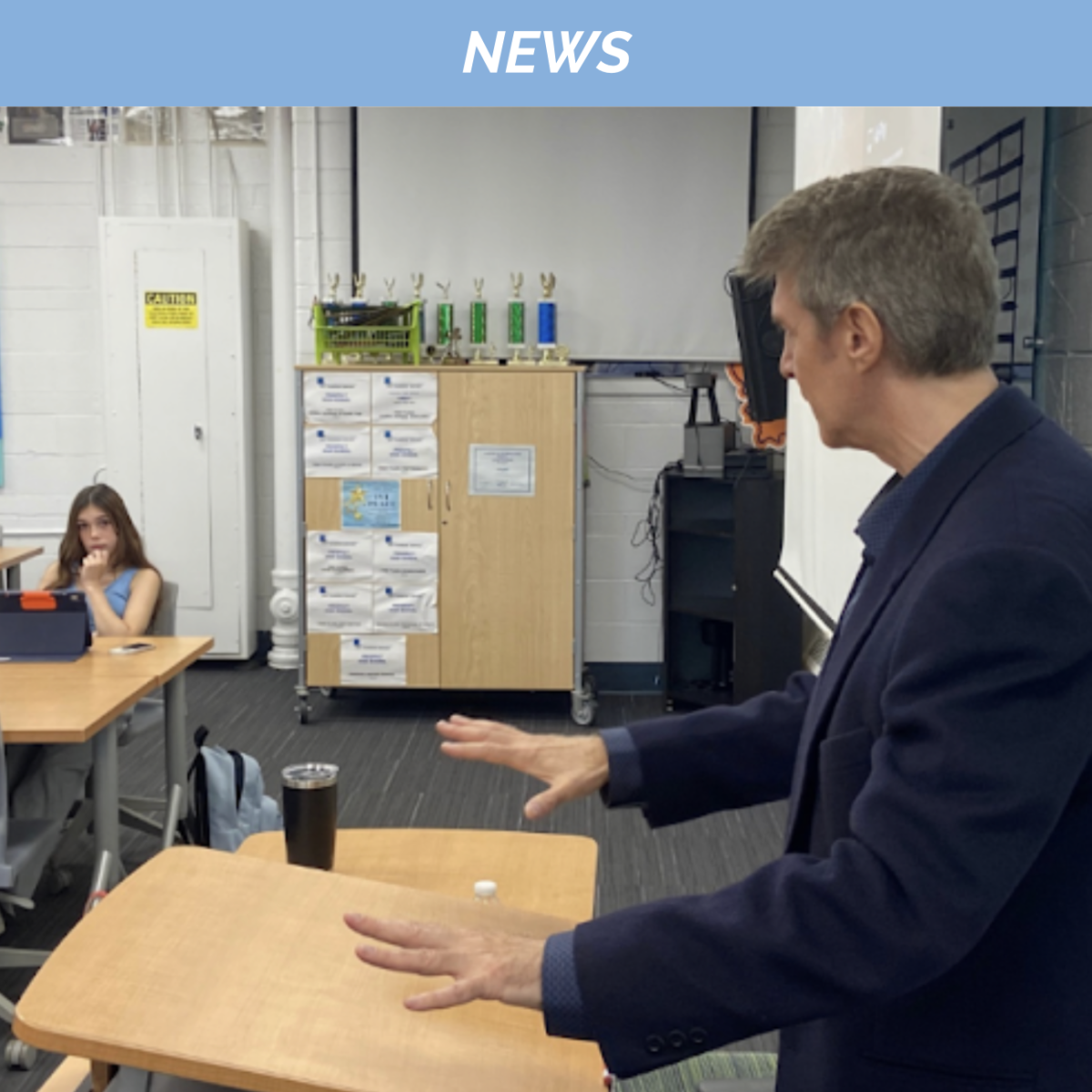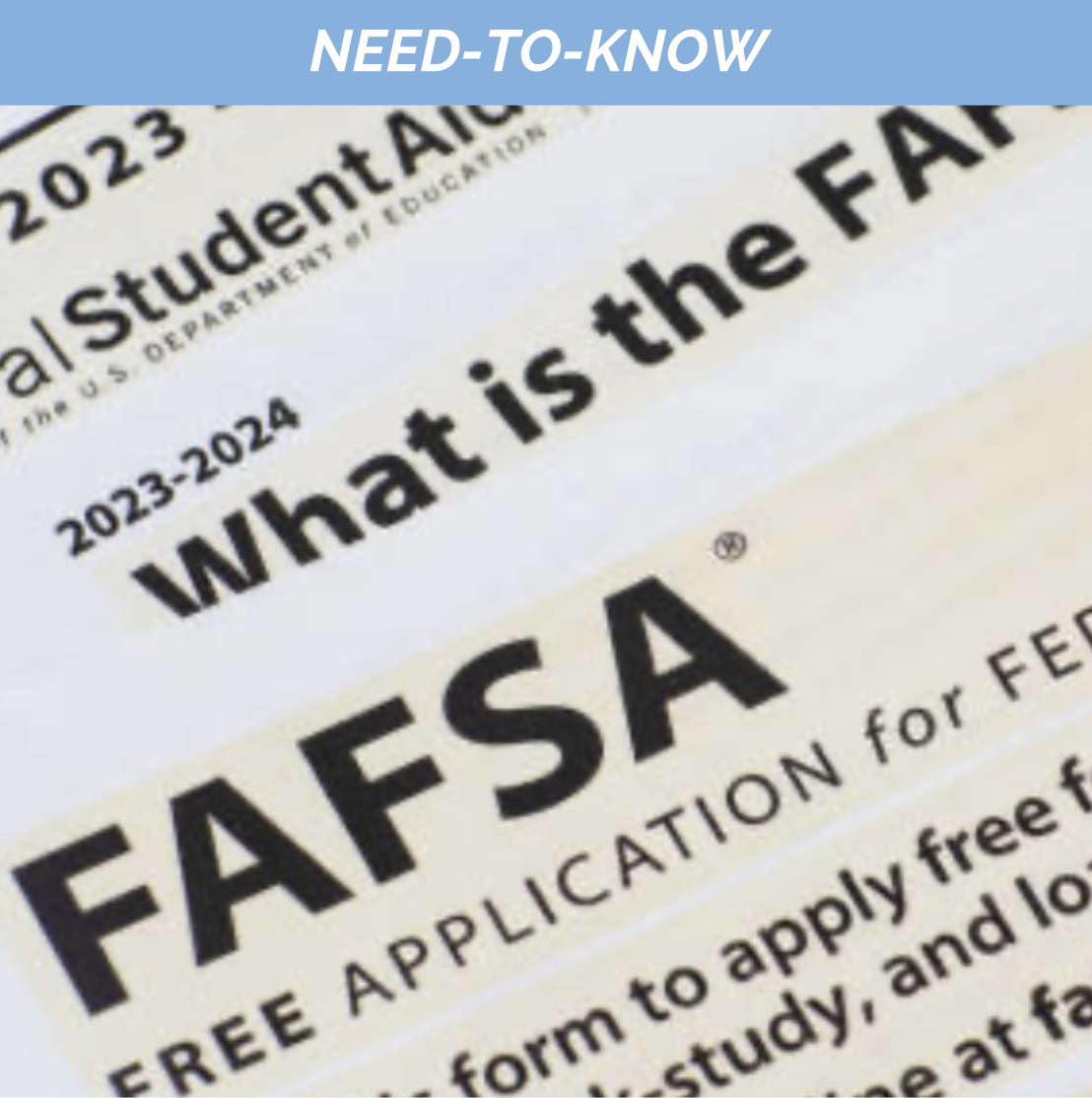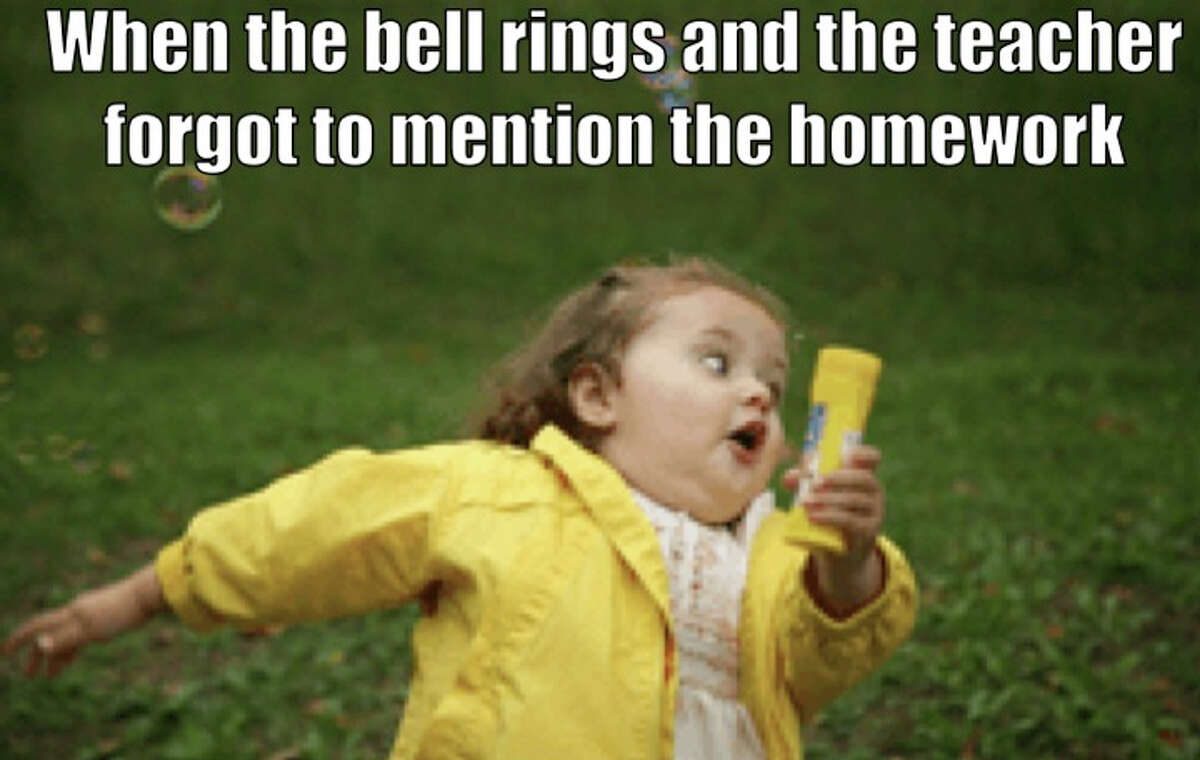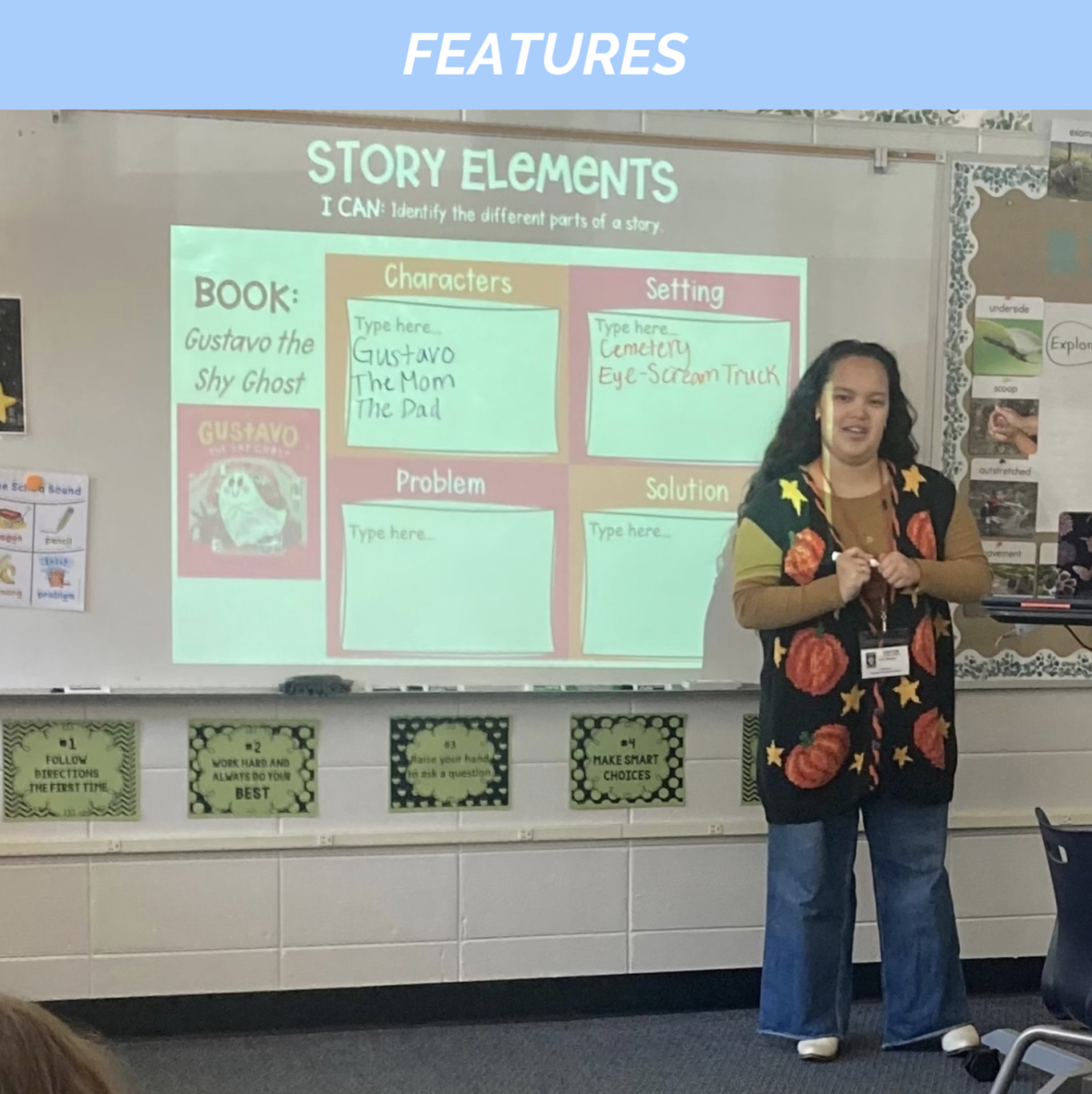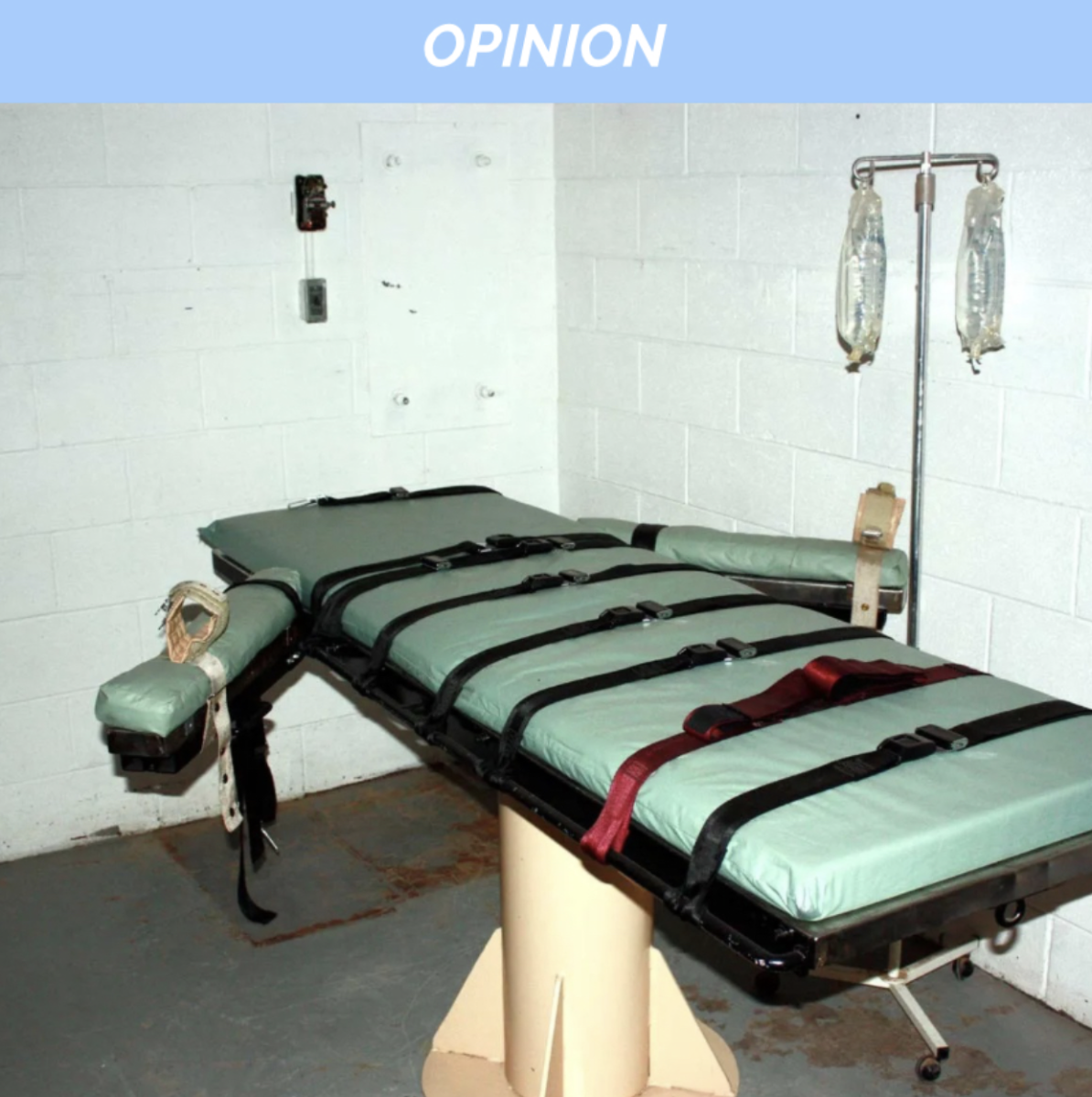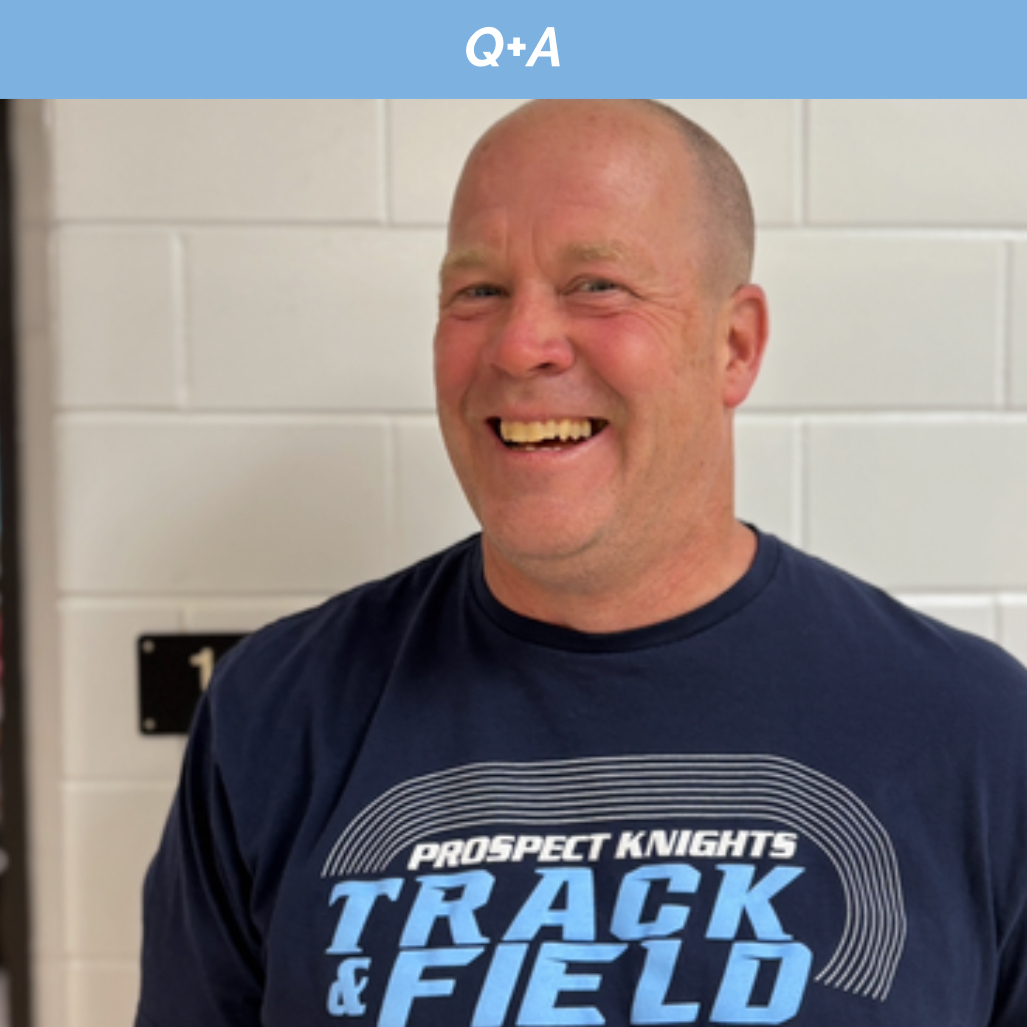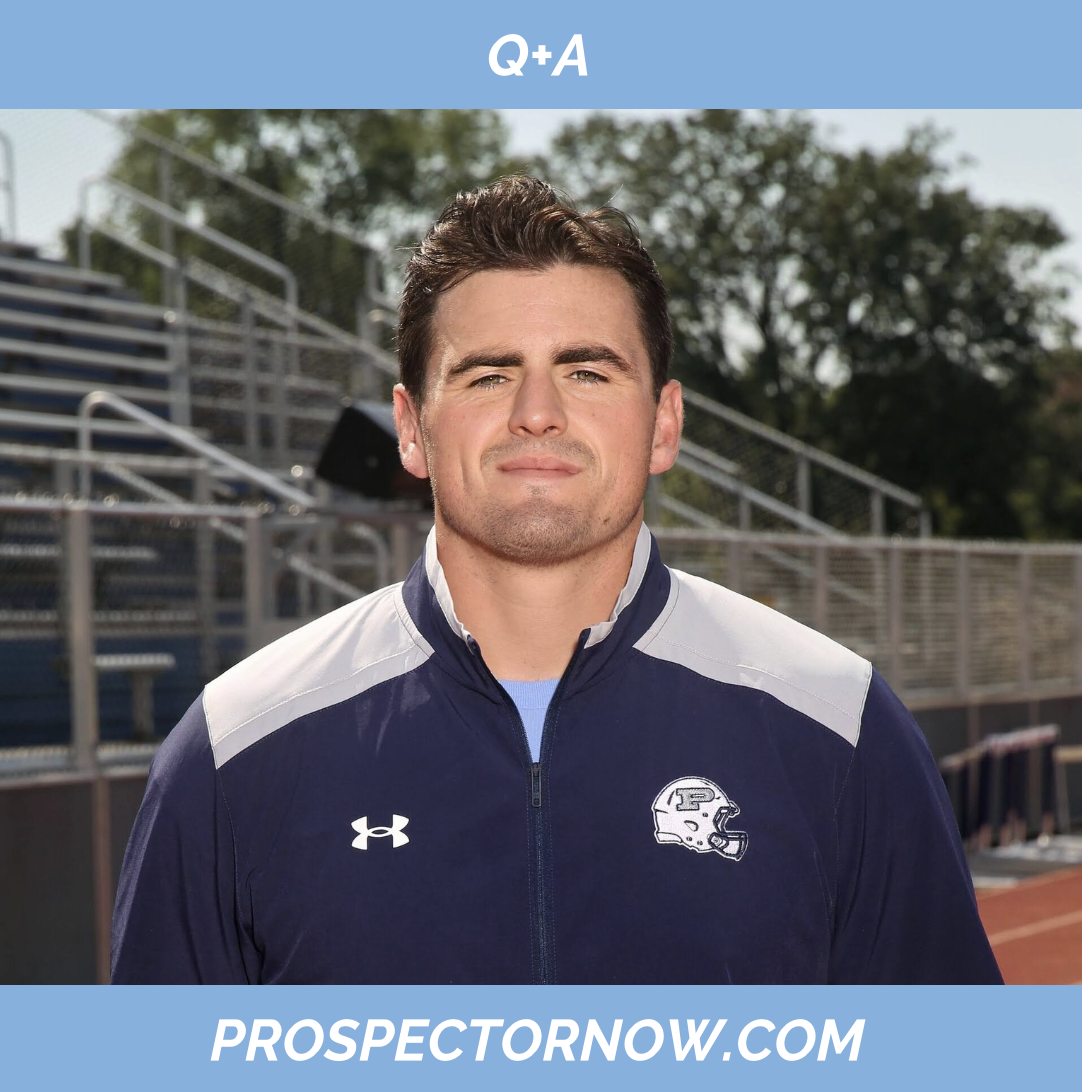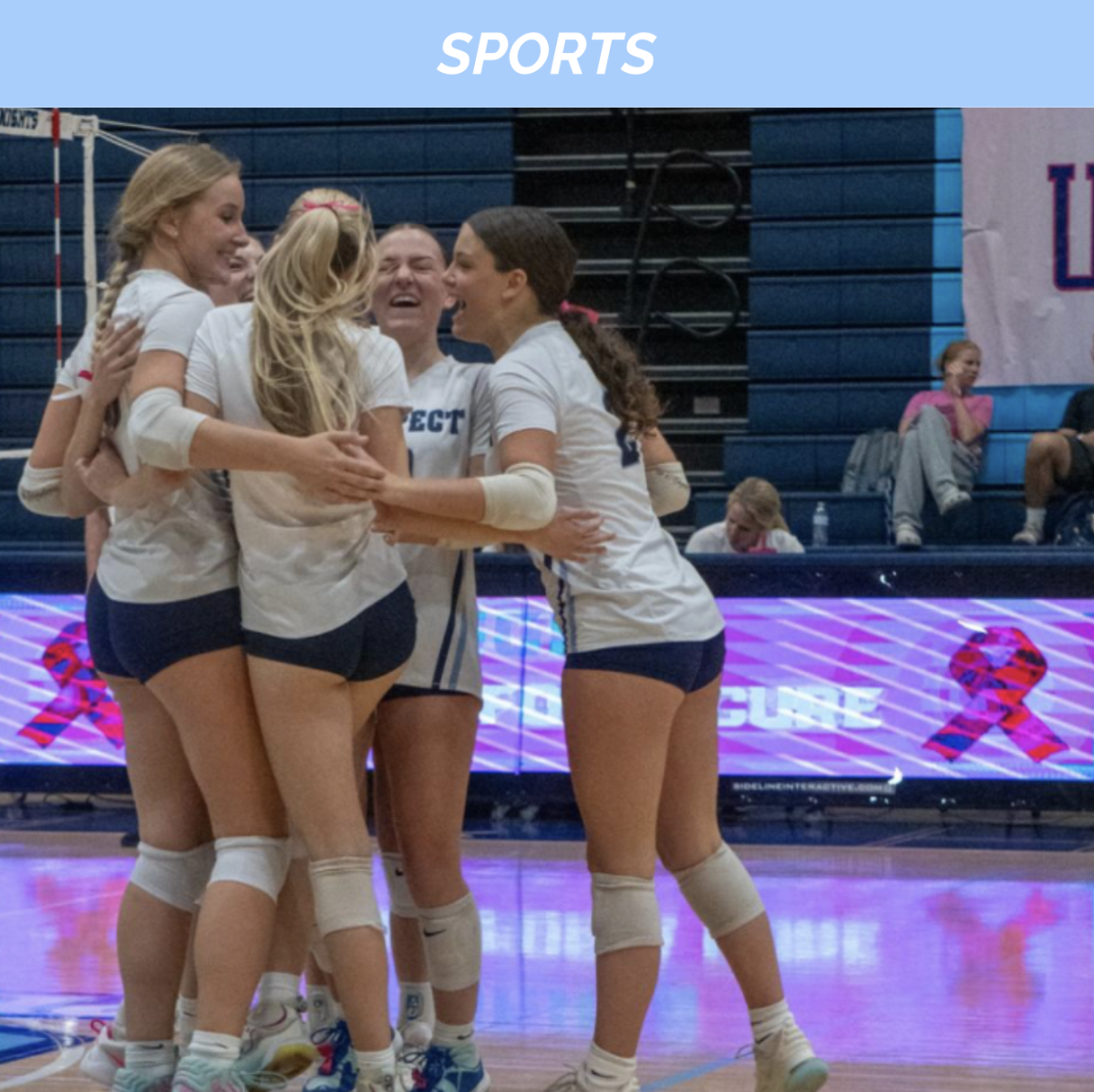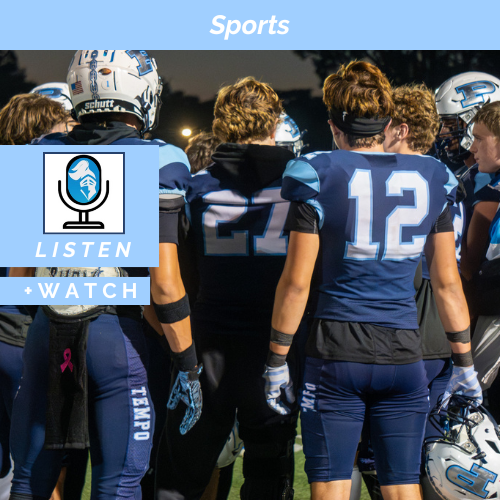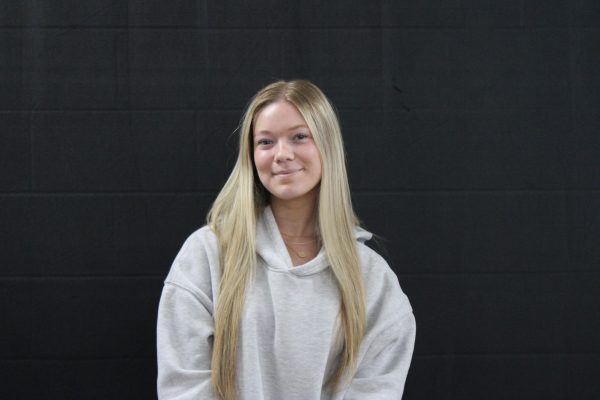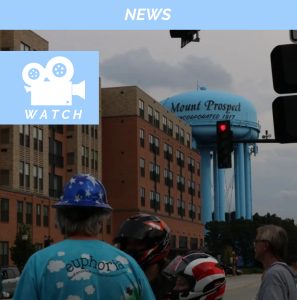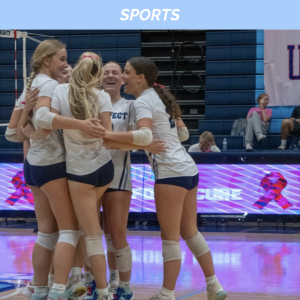Willow Project approved, plans in action
Photo courtesy of The Blazer.
April 12, 2023
On March 13 the Biden Administration approved the Willow Project — an oil drilling plan by ConocoPhillips to extract 600 million barrels of oil from Alaska’s North Slope in the National Petroleum Reserve, according to CNN.
The Biden administration estimates that the project will produce enough oil to release 9.2 million metric tons of carbon pollution into the atmosphere, thus enhancing the greenhouse effect and warming of the planet, according to CNN.
AP Environmental Science teacher Kurt Trenkle shares the dangers of climate change in his own classroom as the last unit before the AP test in early May. By presenting the science of the issue, Trenkle educates students about how large-scale actions can affect people in local communities.
“I like to teach about how these big picture things affect here and where we are,” Trenkle said. “Once you learn from people and hear about what’s changing … that’s how you get to the little picture from the big picture.”
The project has plans to decrease American dependence on foreign energy supplies from the oil being extracted and deliver $8-17 billion in revenue for the federal government while also potentially creating 2,500 construction jobs and around 300 long-term jobs, according to ConocoPhillips.
Junior Freya Sirois, who is actively involved in Environmental Club as one of two leaders alongside senior Maggie McGarry, works on improving the little picture, such as planting tulips in the Prospect courtyard and removing plastic waste from outside.
“It made me feel better about helping my environment,” Sirois said. “It’s nice when you can talk about things and then actually get something done and make some positive change.”
By implementing eco-friendly decisions in one’s everyday life, such as recycling single-use plastic and reducing the amount of water wasted in a shower, for instance, Sirois believes that individual efforts are just as important as large-scale ones.
“If you’re already thinking that nothing can happen to stop what’s already been done and moving forward we’re doomed, you’re not going to want to make any progress,” Sirois said. “But when we realize that these [issues] do change and they can be fixed, we realize we can do it.”

